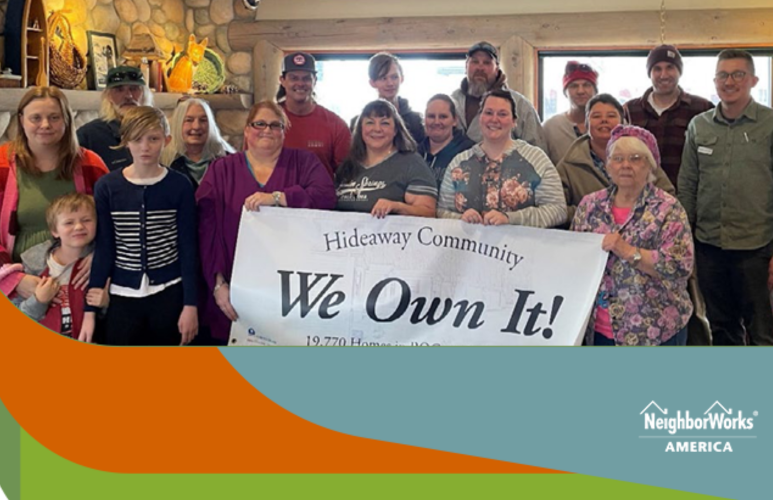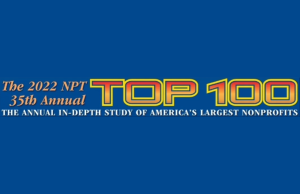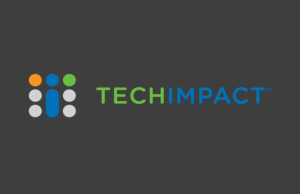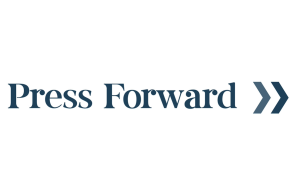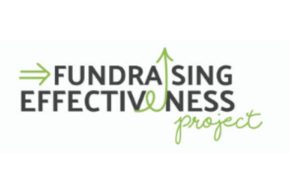NeighborWorks America used $3 million received through Congressional appropriations to promote and develop a new shared equity housing program during the 2019-2021, according to a report issued by the Washington, D.C.-based organization. NeighborWorks creates opportunities for people to live in affordable homes through a variety of funding strategies.
Program outcomes from the congressional funds include providing $1.37 million in seed funding to 29 organizations within the NeighborWorks network that provide feasibility assessments, technical assistance and planning and implementation of shared equity housing programs. During the period covered, 465 shared equity homes from grantees and their partner organizations were completed or were moved into the development pipeline.
An additional 129 homes had already been well along in the development process, but the funding helped bring them to completion. The funds also underwrote completion of four evaluation processes, including extensive resident feedback, that enabled assessment of outcomes among owners of shared equity homes.
“Shared equity housing models provide an incredible opportunity to create homeownership opportunities and community wealth. Instead of helping one household one time, these models are designed to create lasting affordability that can serve multiple households and build community assets long-term,” NeighborWorks America director of Shared Equity Housing Jenee Gaynor said via a statement. “The first three years of NeighborWorks America’s Shared Equity initiative produced great results, and we look forward to continuing this work to advance shared equity within the housing and community development field.”
The 2019-2021 results also included:
– Developing three new NeighborWorks courses on shared equity housing;
– Publishing Shared Equity and Cooperatively Owned Housing: A Guide to Navigating the Models;
– Creating a short explainer video and hosting webinars and a national shared equity symposium;
– Providing $25,000 feasibility grants to NeighborWorks network organization;
– Connecting NeighborWorks network organizations and their partners to experienced shared equity consultants;
– Providing $50,000 planning grants to network organizations to assist them in implementing specific shared equity models;
– Providing peer match grants that fund consultative services between mature shared equity organizations and start-up organizations;
– Offering $50,000 “innovation grants” to mature shared equity organizations; and,
– Creating a consultant development program geared toward increasing the number of BIPOC consultants working in shared equity
Shared equity housing programs operate under several different models. The most prominent are community land trusts (CLTs). Under this structure, CLTs sell subsidized homes at an affordable price, but retain the land under each home. Homeowners own the home itself and whatever improvements they make to the land, but because of the “ground lease” maintained by the CLT can only sell their homes at an affordable price to other income-qualified buyers.
Another model is the deed restriction structure, under which price restrictions take effect every time the home is resold and are written into the deed. The upfront subsidy which makes the home affordable for the initial buyer is usually secured by a nonprofit organization.
A third model involves resident-owned communities (ROCs). These are cooperative housing communities in which residents own and manage the land. The ROC structure incentivizes residents to work together in building wealth through maintaining community facilities.
The NeighborWorks report covered the $3 million received during 2019-2020 for three years of initiatives. Congress since appropriated an additional $5 million during 2021-2022, but the report did not cover those allocations.
The money from Congress makes up only a small percentage of the organization’s finance. For the fiscal year ending September 30, 2021, the organization generated $176.8 million in revenue, gains and other support while recording $176.3 million in program service expenses. When an additional $11.1 million in support services, including general and administrative functions and resources development, are figured in, the organization had a negative change in net assets of $8.5 million.

